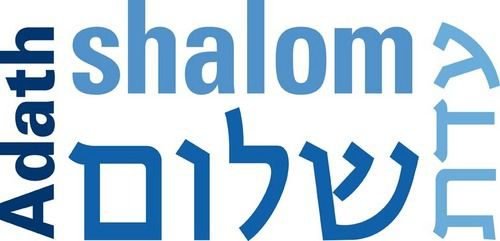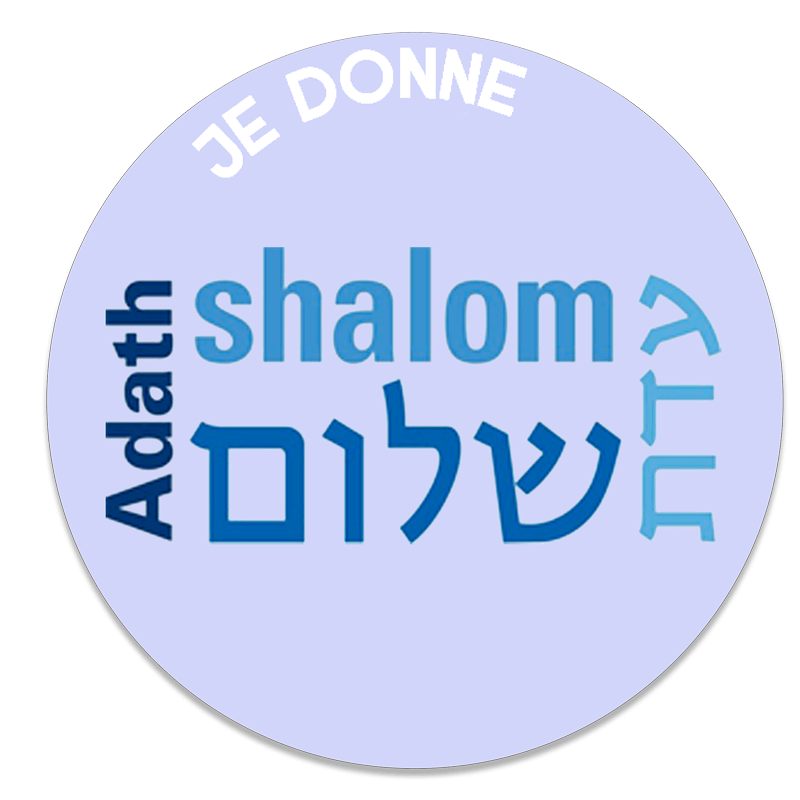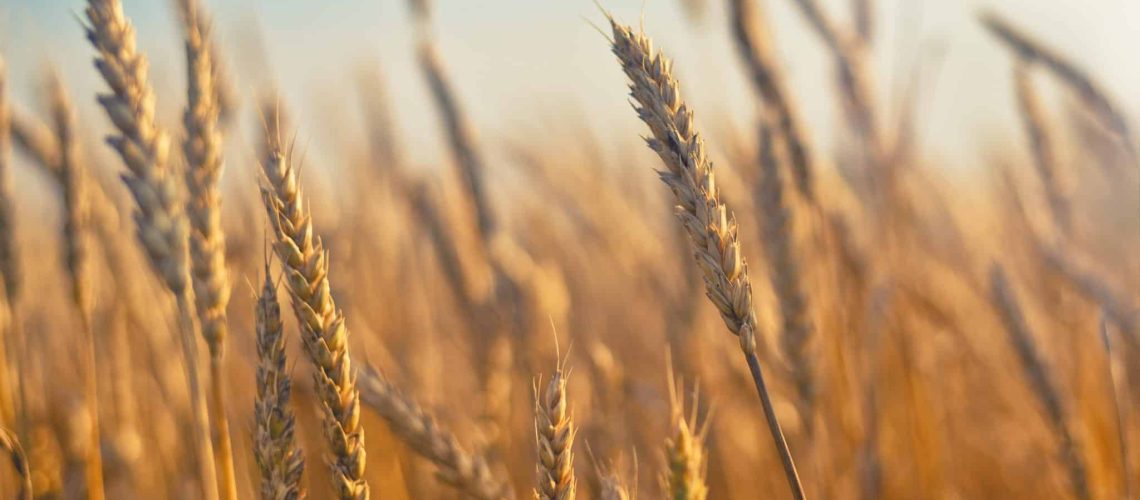Rabbi Josh Weiner, second day of Shavuot
It’s an interesting day today. In Israel, it’s a normal Shabbat and they are reading parachat Nasso, while here it is the second day of Shavuot, and we’ll read Nasso next week, and be a bit out of touch with the Israeli Tora reading cycle for a while. Although we usually have a custom to devote the first night of Shavuot to study, the great 19th-century kabbalist, Yosef Haim of Baghdad, wrote that the second night should be spent learning too, and the second day of Shavuot is greater than all other second days of other festivals. He doesn’t explain why, but I’d like to suggest three reasons.
Celebrating twice?
First, the usual reason for having a second day of a festival in the diaspora relates to doubt. In the past, the first of the month was decided by the court in Jerusalem, and messengers were sent out across the Jewish world to convey the decision. Since there could be a difference of one day, in any place that was too far for the messengers to arrive before the festival they celebrated two days out of doubt. On Pesach they would say: maybe today is the 14th of Nissan, maybe tomorrow is the 14th of nissan – so we’ll celebrate both just to be sure.
That’s the case with all other festivals. The difference here is that Shavuot doesn’t have a particular date associated with it – it just has to be fifty days after Pessah. Surely, even if in ancient times the messengers from Jerusalem would have reached the diaspora too late to inform them about the correct day of Pessah, the news would have arrived in time to correct the count and have Shavuot on the correct day. In some ways then, the second day of Shavuot is weaker than other festivals. On the other hand, the fact that the second day was instituted even though there was no doubt makes it a stronger reason to celebrate.
As we said, the Torah just says to celebrate a festival fifty days after Pessah, and gives some details about the different sacrifices and pilgrimages in the Temple. But this is not the way we describe this festival to children in the Talmud Torah! We usually say that it’s a celebration of the giving of the Torah on Sinai. How do we know that? In my Talmud class this past Tuesday we looked at the various midrachim and rabbinic discussions (Shabbat 86b) that try to give the date of the giving of the Tora – which is not clear at all from the biblical text.
They arrive at two main opinions – the majority of the Sages say that it was given on the 6th of Sivan, and Rabbi Yosei holds that it was given on the 7th. Although today we celebrate Shavuot on the 6th of Sivan, there are some practices in other areas of halakha that seem to rely on the arguments brought by Rabbi Yosei, and thus indicate that his opinion is the correct one. So it might be that even in Israel they should be celebrating today as well as yesterday. In fact, one commentator, Menahem Azaria of Fano, says that the Tora was intentionally given on the 7th of Sivan because Sinai was outside the land of Israel [Asara Maamarot, Hakor Din 2:15]. We can add one more fact to this: the whole idea of staying awake on the night of Shavuot and studying began in Salonica, when a group of kabbalists led by Joseph Karo studied the Mishna and arrived at mystical visions. We have a description of the event by Rabbi Shlomo ALkabets, who is better known as the author of Lekha Dodi, and who participated at the event. He says that after the night of study, they stayed awake and prayed during the day, and the second night they repeated their study, and again encountered the divine voice that spoke to them.
Receiving the Torah
All this is to say that today is a very special day, and we can full-heartedly celebrate the giving of the Torah. Yet perhaps more important is what happens tomorrow, and the day after tomorrow, and our relationship to the Torah then. Whether we celebrate the giving of the Torah today or yesterday, the most important is the receiving of the Torah, which needs to be a continual process and not a historic event with a fixed date. Even within the text of the Torah itself there was a chain of receiving – some commandments were given in Egypt, others as they left, it was received twice at Sinai, and later in the desert, and again before the death of Moses. The opening mishna in Pirkei Avot expands this process of receiving :
משֶׁה קִבֵּל תּוֹרָה מִסִּינַי, וּמְסָרָהּ לִיהוֹשֻׁעַ, וִיהוֹשֻׁעַ לִזְקֵנִים, וּזְקֵנִים לִנְבִיאִים, וּנְבִיאִים מְסָרוּהָ לְאַנְשֵׁי כְנֶסֶת הַגְּדוֹלָה
“Moshe received some Torah (and not ‘the’ Torah) at Sinai, and transmitted it to Joshua, Joshua to the elders, the elders to the prophets, and the prophets transmitted it to the members of the Great Assembly.”
It’s clear that this Torah which is being received and passed on is not a repetition of the same text, since each generation has something new to add, which itself becomes Torah. This transmission, mesora, is the root of the Massorti movement to which we affiliate. We sometimes translate it as ‘traditional’, but it’s much more dynamic than that. It relates to a transmission that sees the reception of the Torah as a continual evolution. I sometimes define Torah as “our understanding of what God wants of us in this world.” The book of Exodus is Torah, and the Talmud and its commentaries too, but maybe an article by Rivon Krygier with original insights also deserves to be called Torah. On Thursday night, we spent the night learning, but instead of only reciting texts we also had doctors and philosophers talking about the ethics of end-of-life choices. That’s based on the idea that the living Torah is found outside of books.
There’s even a danger with our limited understanding of the Torah as a book that we have to value over everything else. If my son wants to play with me or I’ve had an argument with a friend, and instead of dealing with the human relationship there I say that I need to go pray arvit, or I need to prepare my Talmud class, I’m not necessarily doing what God wants of me in the world at that moment. Nothing in the Choulhan Aroukh or the Babylonian Talmud will tell me how to speak to my friend at that moment, or how to give my kids the attention they need. But the answers to these challenges are also Torah. Sometimes we give talks about climate awareness and Judaism, or anti-racism and Judaism, or all sorts of other causes, and don’t realise that just quoting Jewish texts to mirror an idea that already exists is superfluous. If it’s the right thing, it’s already Tora. It’s only when our written traditions expand, challenge and complicate what we already know that we need to quote them. But in order to know that – we need to study a lot…
And so we’ll take today to celebrate receiving a Torah, and then we’ll resume our challenge of fully receiving the Torah that we need for our time.
Shabbat shalom, hag sameah.




